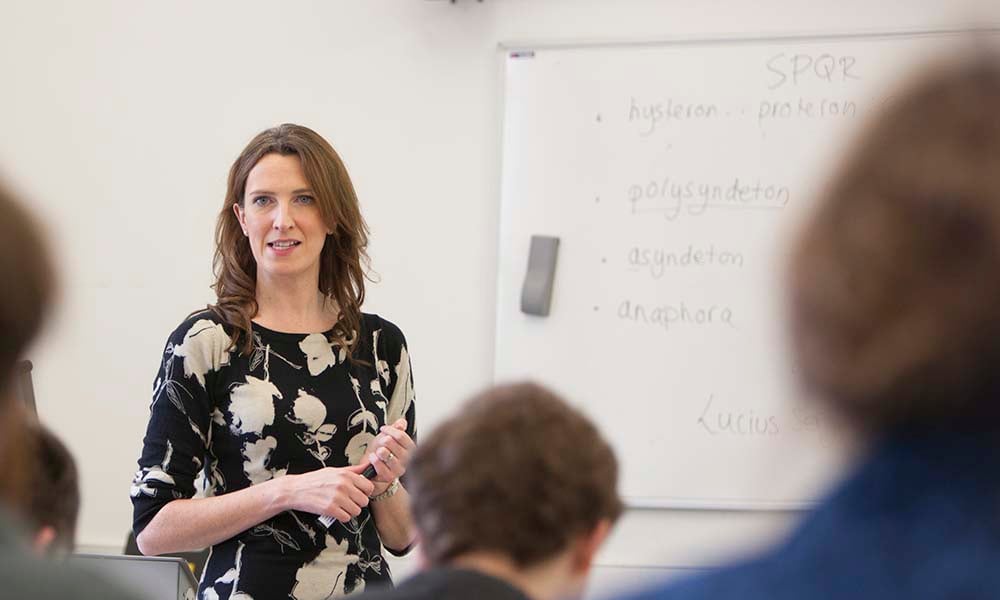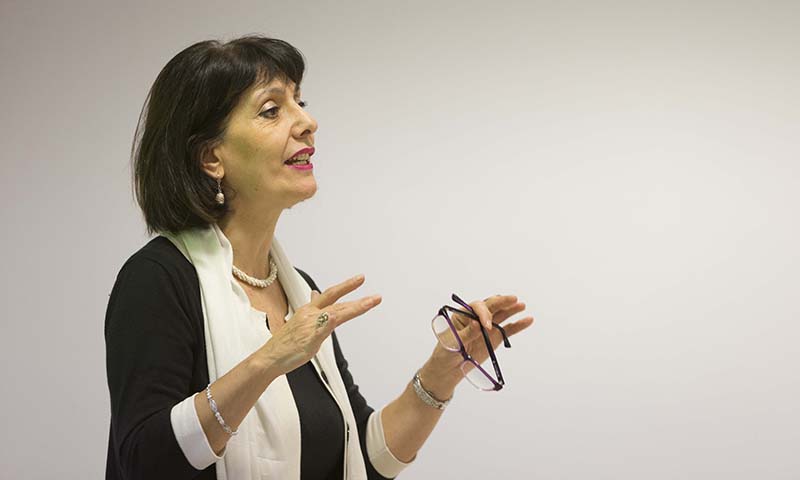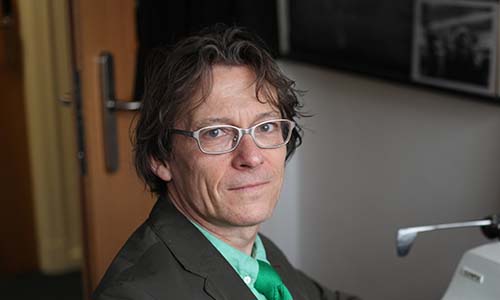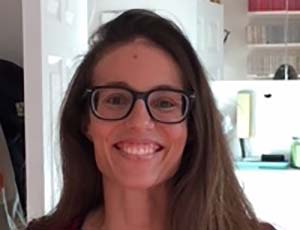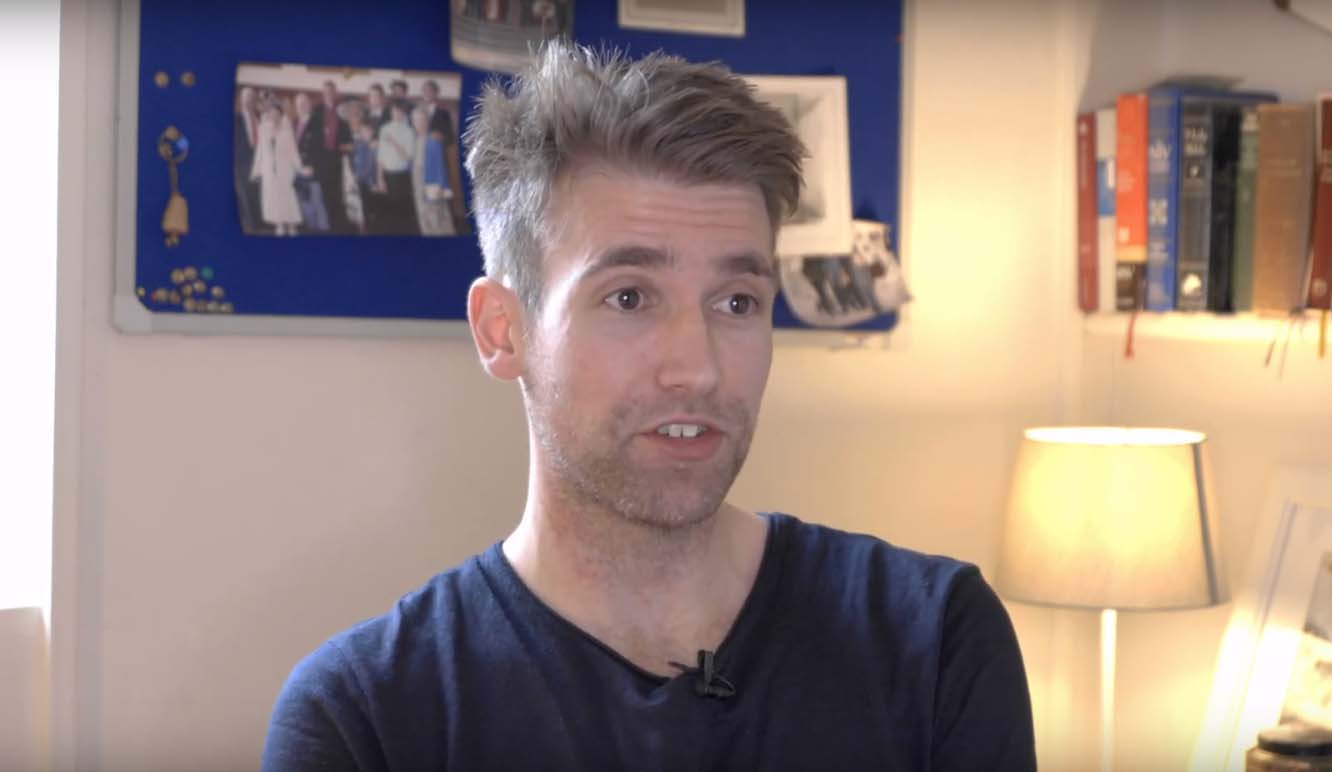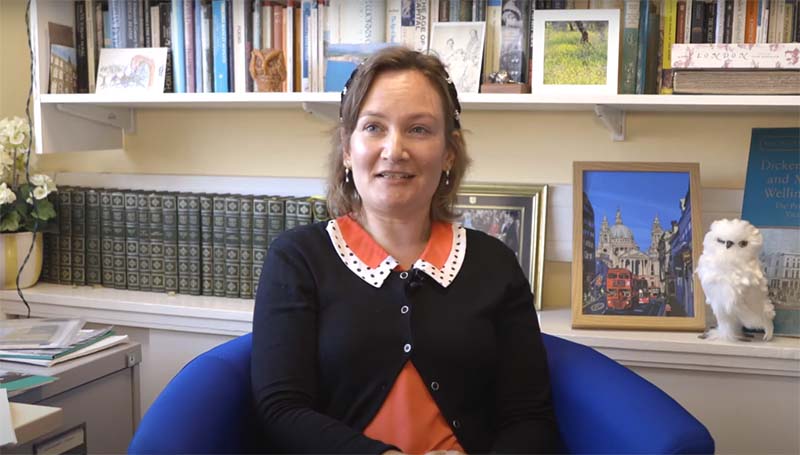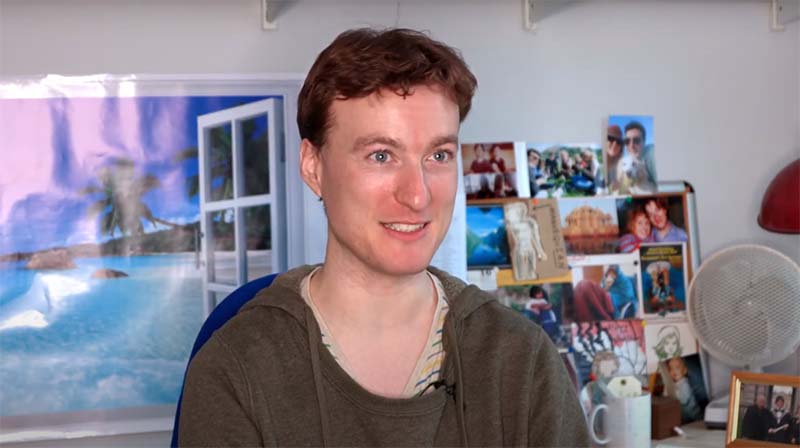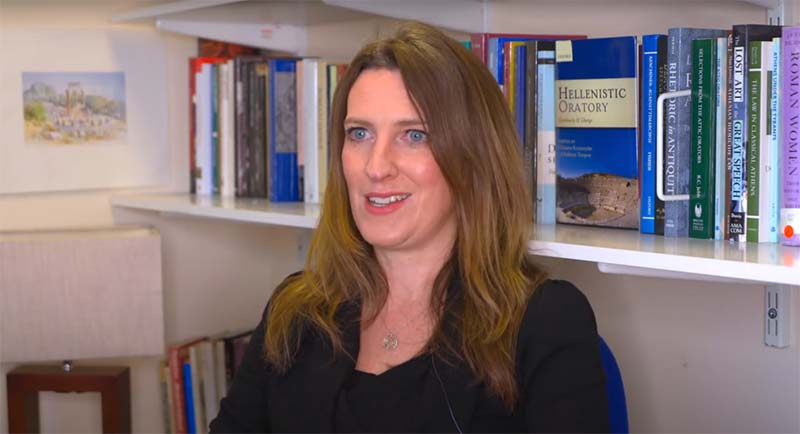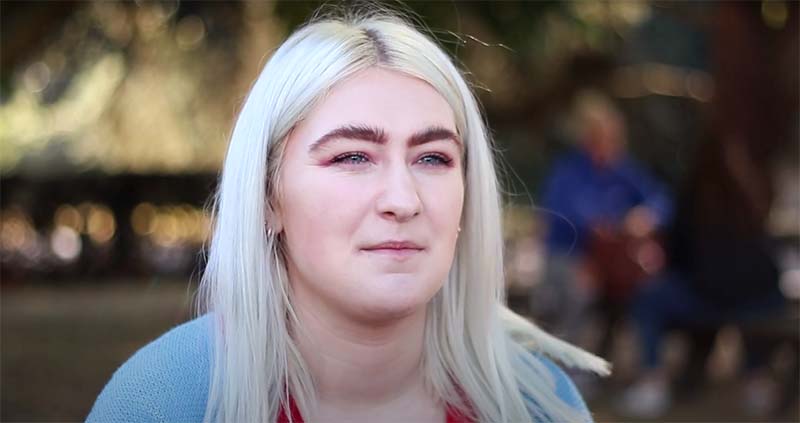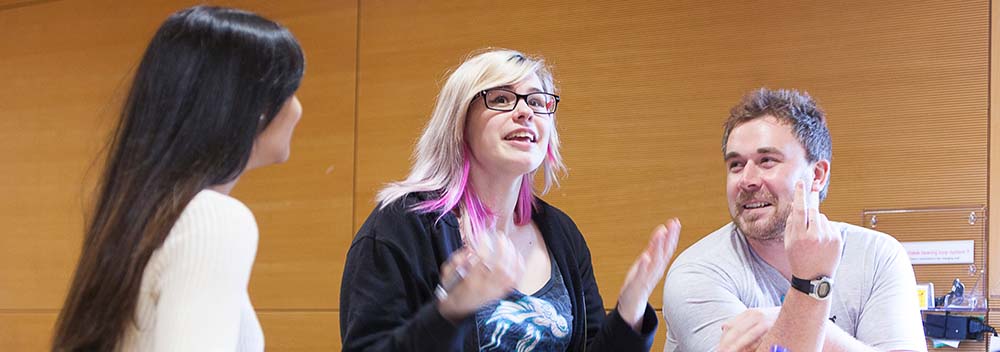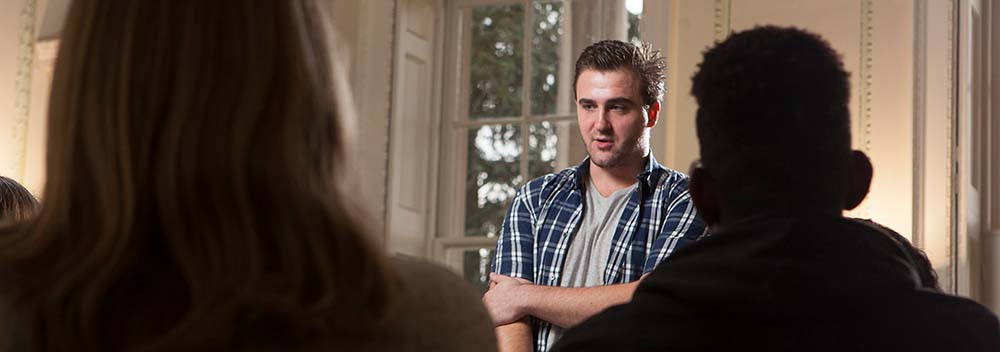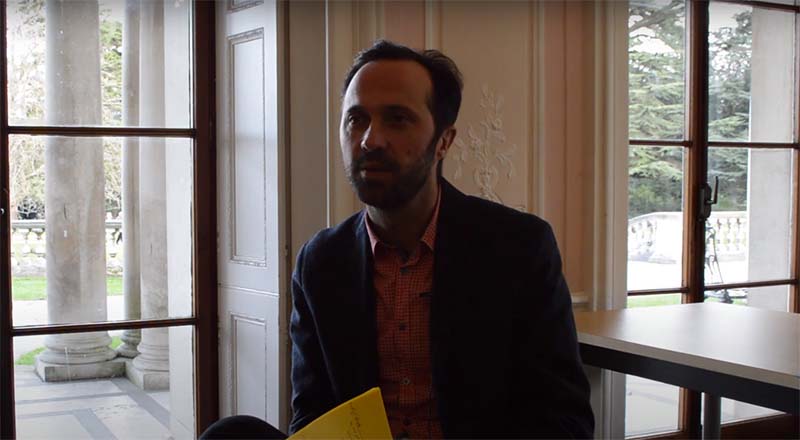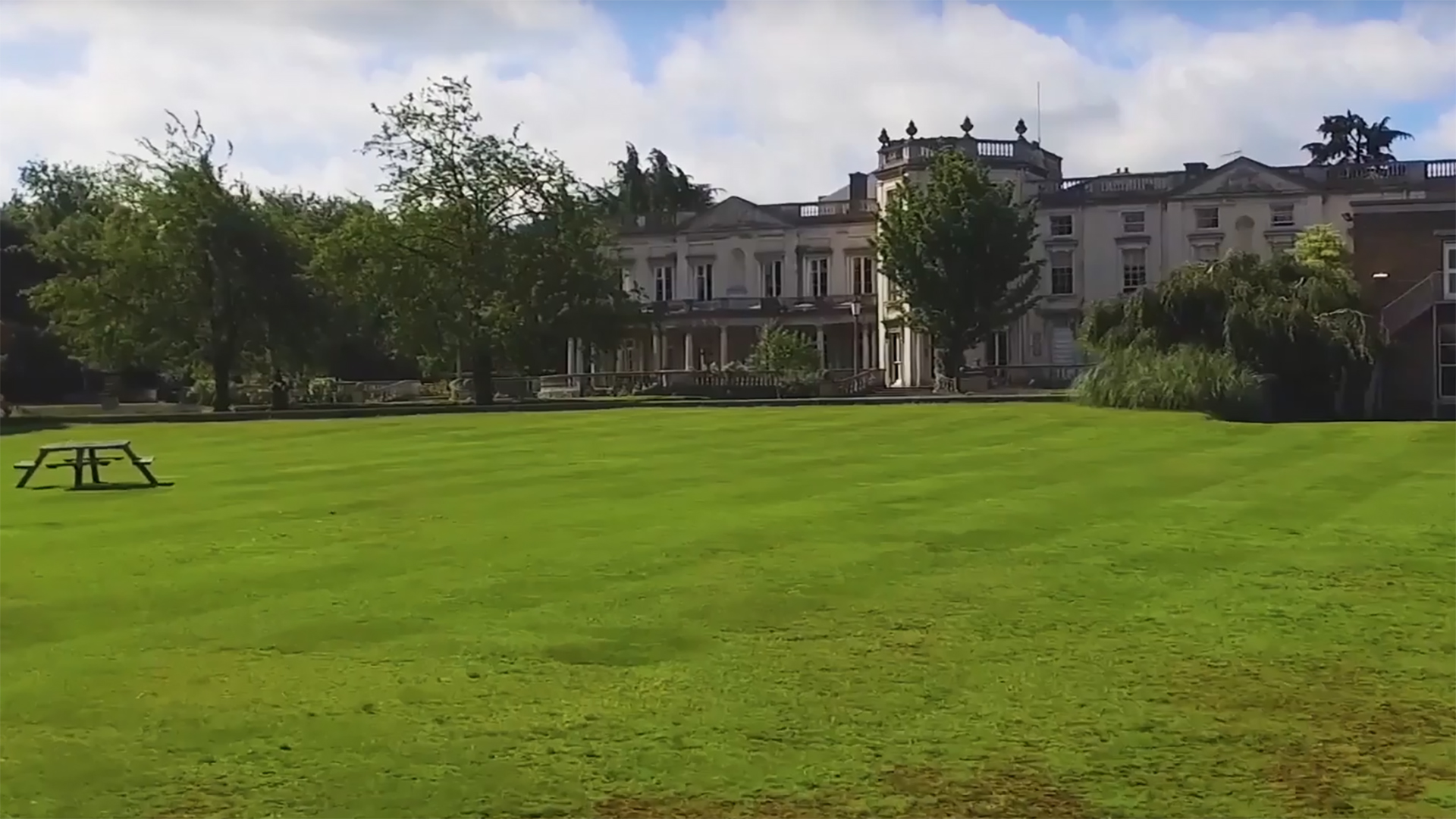Alumni
Haleh Agar, a Canadian-Iranian novelist, graduated from Roehampton's MA Creative Writing progrmame in 2017. Her debut novel about a fractured family, OUT OF TOUCH, will be published by W&N (Orion, Hachette) on April 2nd 2020.
Haleh has been published in literary magazines and journals, including Mslexia, Viva Magazine, Fincham Press and Lamplight Magazine. Her short story, 'Not Contagious' was Highly Commended by the Costa Short Story Award. She won the Brighton Prize for a piece of flash fiction, and her narrative essay 'On Writing Ethnic Stories' won the London Magazine's inaugural essay competition. She is currently working on her second novel.

What journey did you take from joining Roehampton to being published?
Writing a novel means drafting and redrafting. It means that you aren’t precious about your words. The Creative Writing MA was the beginning for me, where ideas started to take shape. The manuscript is very different now than it was when I was an MA student. This is something I think every aspiring writer needs to be comfortable with—change. You have to be able to break your manuscript at any stage to make it better.
Once I was happy with my revisions, I queried literary agents and was lucky enough to have choices. My amazing agent Camilla really got me as a writer and so we started our partnership together. She and the team at Darley Anderson helped guide me with suggestions for further revisions before we submitted to publishers.
Why did you want to do your degree?
I was always interested in creative writing but lacked the confidence. The MA helped give me the confidence I needed to take my work forward. Importantly, the MA gave me time to work on the novel.
How did Roehampton support your writing?
My supervisors were so encouraging and supportive. They gave me critical feedback on my work and a lot of encouragement. Leone Ross and Peter Jaeger were wonderful with their feedback and support. So often with writing there’s a crisis of confidence, and sometimes, we just need someone to say—you can do this, you’ve got this.
Where did your idea come from?
I love writing about complex relationships, particularly families. Ideas come from lived experiences and the culture around you. The movie Shame about a brother and sister who both struggle to cope with childhood trauma, really got to me, and I started thinking about my characters--estranged siblings, Michael and Ava.
How did you nurture that idea?
It's a matter of reading and writing EVERY day. Not waiting around for inspiration. That being said, the writing process is also one of co-creation. Once you are tapped into the characters and understand their inner worlds, they will often take you to unexpected places that were not part of the original outline. You must be willing to accept such deviations. I am also nothing without the books I’ve read. Authors who really inspire me like Anne Enright and Alice Munro are my teachers.
Can you talk us through the steps that you took to write your first book?
Once, the general idea of the plot and characters came to me, I wrote a thousand words a day. This means that in a few months, I had a first draft. But of course the first draft will be quite different from the final product. I love the revisions and editing phase. Taking a short break after the first draft means you can revisit the manuscript with fresh eyes. And of course, other eyes help a lot. Gaining distance from your work is crucial so that you can see it in more objective terms.
The tough question is—when do you know when the manuscript is ready? It’s not easy to tell. But if there’s something bothering you about it, if deep down you know that there are things that don’t quite work yet, then don't ignore the feeling. For example, when reading over the book after the first few drafts, I noticed parts where the pace slowed for me, parts I didn't enjoy reading, and I realised that the voice was missing in those places. So I infused voice into such sections, or got rid of them completely, if they could be cut. You get one chance to send that manuscript to your dream agent, so it makes sense to take the time, to see what works for you, and what doesn't.
How did you take your book from manuscript to published piece?
Even once you’ve got the perfect home for your book with a publisher, there’s a lot of work to be done. Your editor will request revisions—structural, and line edits. I can’t even tell you what draft number I’m on! Every time you think—oh yes, this is the one, think again! It’s much easier for me now that I’m working with professionals in the industry who can point me in the right direction. The key again, is to be comfortable with change. That being said, if something is important to you, and your editor is asking for you to change it, make the case-- explain why it works, how you feel it adds to the story. The editorial process should be one of dialogue, and I was lucky enough to have an editor who practiced this.
What have you got planned next?
I’m working on my second novel, and I'm very excited about it. I also dabble into short fiction every now and then for a change, and I find the variety keeps me inspired. You want to stay inspired!


